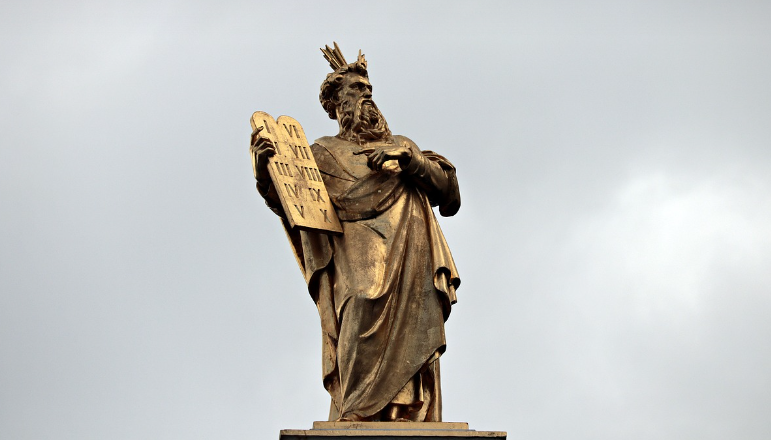The Louisiana Governor, Jeff Landry, recently signed a law that mandates the display of the Ten Commandments in public school classrooms. Supporters argue that this move is a recognition of our nation’s history and values, as these commandments played a significant role in shaping our laws and traditions. However, opponents see it as a violation of the separation of church and state. This article explores the implications and responses to this new legislation.
The Law
Governor Landry has mandated that all public school classrooms across Louisiana must display the Ten Commandments. This applies to educational institutions at all levels, from elementary schools to universities. The supporters assert that these commandments were instrumental in forming our country’s legal system and societal norms, making their presence in classrooms both relevant and important.
Context Statement
An integral part of this law is its requirement for a four-paragraph statement accompanying the displayed Ten Commandments. The purpose of this statement is to explain the historical significance and legal relevance of these commandments. It highlights that they are not merely religious directives but also foundational documents for our state’s government and our nation as a whole, thereby providing students with an enhanced understanding of their impact on our country.
Funding & Opposition
The law does not provide any state funds for implementing this mandate; instead, it relies on private donations to cover expenses, thus avoiding placing any financial burden on the state. Despite this, critics contest that it infringes upon the Constitution—specifically, the First Amendment—by advocating religious beliefs in public schools.
???? JUST IN: Louisiana has just become the first US state to REQUIRE the Ten Commandments be posted in classrooms across the state
Is this the right move? pic.twitter.com/NknHQilHZo
— Nick Sortor (@nicksortor) June 19, 2024
Several organizations including American Civil Liberties Union and Americans United for Separation of Church and State have announced their intention to challenge this law legally. They reference Stone v. Graham—a Supreme Court case from 1980 where Kentucky’s similar law was deemed unconstitutional—as precedent.
Court Precedent
The Supreme Court’s decision in the 1980 case hinged upon the Lemon test, which assesses whether a law has a secular purpose, primarily affects religion, and creates undue government involvement with religion. However, this test was abandoned in the 2022 case Kennedy v. Bremerton School District. Here, the Court ruled that interpretation of the Establishment Clause should be based on historical practices and understandings instead.
Potential Outcome
Under these new guidelines for interpreting the Establishment Clause, Louisiana’s law stands a good chance of being found constitutional. The belief that a just God governs worldly affairs and establishes divine laws underpins our nation’s foundational principles. As such, it could be argued that displaying Ten Commandments aligns with our country’s historical practices and understandings.
And based on the Bible!
Moses, the Lawgiver, is a statue that is no longer “politically correct.”
Moses, holding the two tablets of the Ten Commandments, is the center figure on the East Pediment of the Supreme Court building.
On the wall directly behind the Chief Justice’s… pic.twitter.com/VwaQrt8lZL
— Linda Marie Lovison (@lilo623) August 15, 2023
The Significance of Ten Commandments
The Ten Commandments are embedded in our nation’s legal history. As stated in Blackstone’s “Commentaries on the Law of England”, human laws should not contradict natural or divine laws. The commandments establish several rights including life, property ownership, protection against false accusations, and family importance.
Impact on Students
By having them displayed in classrooms, students can gain insights into their country’s foundations and its core values. This display serves as a reminder of the fundamental principles our country was founded on while acknowledging and celebrating our religious heritage without violating the Constitution.
Source: The Patriot Chronicles


Leave a Comment